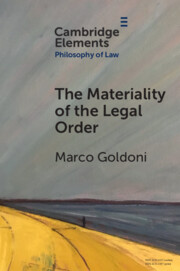Part I of this article reviews major differences in definitions of the transaction concept by leading authors and some of the difficulties involved in its usage. Part II takes steps towards a new approach, starting with the legal notion of a contract. This identifies a narrower and more specific type of transaction, empowered by both legal forces and non-legal or cultural norms or rules. The sharper and more specific concept of contracting cost is derived. Contracting costs are the costs of obtaining, formulating, negotiating, and administering legal contracts. They do not include the costs of the work and other inputs required to fulfil a specific contractual agreement. Legal contracts are historically specific phenomena, applying only to modern societies with developed legal institutions. By making the analysis more specific, we emphasise factors of greater relevance in modern market economies. In addition to legal sanctions, the law engenders other forms of motivation based on what is perceived to be legitimate legal authority.
